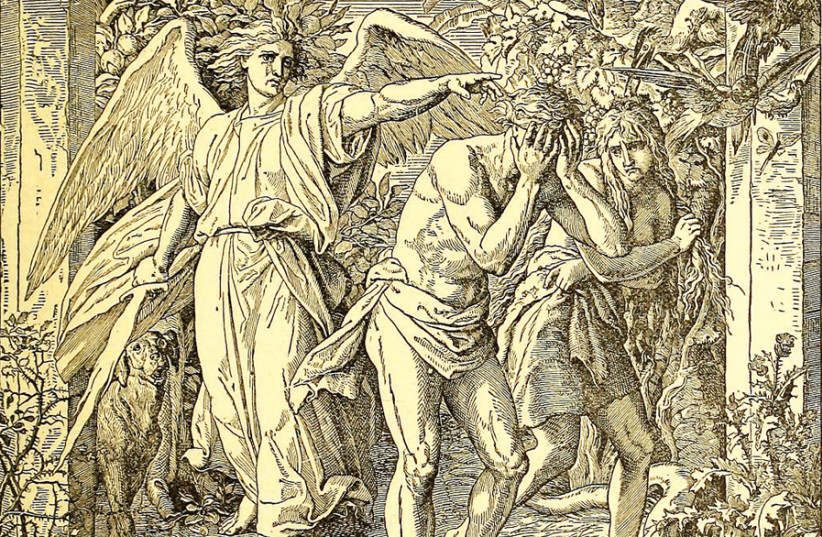It is easy to maintain faith when everything is going well in our lives. We say to ourselves, “God’s in His heaven, all’s right with the world.” But what do we tell ourselves now, after the horrendous massacre of October, with captives in Gaza who are in great danger; the numerous loss of young Israeli soldiers; and the unendurable agony of families who will never be whole again?
I search everywhere for answers to this question, as every day elicits tears when I watch the news on TV. Every soldier that falls is my son, even though I never met him, and I suspect all Israeli mothers feel the same. We have no answer for things beyond our understanding.
An entire book of 42 chapters has been written on this subject – the Book of Job. The prophet Habbakuk asked God, “Why do You allow violence, lawlessness, crime, and cruelty to spread everywhere?” (Habbakuk 1:3).
Rather than rebuke him, God had his questions recorded in the Bible for all to read.
He created humans with free will, even in the Garden of Eden. He told the first humans, Adam and Eve, what He expected of them, but did not force them to obey. Today, humans are often victimized by other imperfect humans.

When God speaks, humans sometimes refuse to listen. “Thou shalt not murder” – even here, God is powerless. Cain killed Abel; Pharoah killed Israelites.
The power of faith
Faith is an indefinable emotion. It doesn’t remove pain, but it can help you endure it. Martin Luther King Jr. said, “Faith is taking the first step, even when you don’t see the whole staircase.” Voltaire wrote: “Faith consists in believing when it is beyond the power of reason to believe.”
I turned to my friend and mentor, Rabbi Moshe Berliner of Jerusalem, for his opinion on this difficult question. He referred me to the 20th chapter of The Path of the Just, written by 18-century Rabbi Moshe Chaim Luzzatto, known as the Ramchal. In that chapter, the Ramchal says: “evaluate all your actions in light of their consequences” and make sure “they’re in harmony with the conditions you find yourself in.”
Rabbi Berliner stipulates that when you have a decision to make regarding what to focus on, it is important to look at the consequences of your decision. He told me, “Concerning suffering, one can put one’s focus on why, but so far I haven’t found a response that brings me to a good place.
“Here, my belief has to move to a place where it includes not knowing, accepting belief despite my not knowing, and believing that His will is that in the face of suffering, we are on the side of the good guys.”
For myself, after battling with this question for the past three months, I can’t come up with a definitive answer but I believe that we must carry on Jewish existence by clinging to God and our faith and standing by all who are oppressed. If I abandon Him, I give a victory to our enemies; it’s what they want – that the name of Israel will no longer be remembered.
God is in the sanctity of life, which will give us strength. ❖
The writer is the author of 14 books. Contact her at dwaysman@gmail.com
